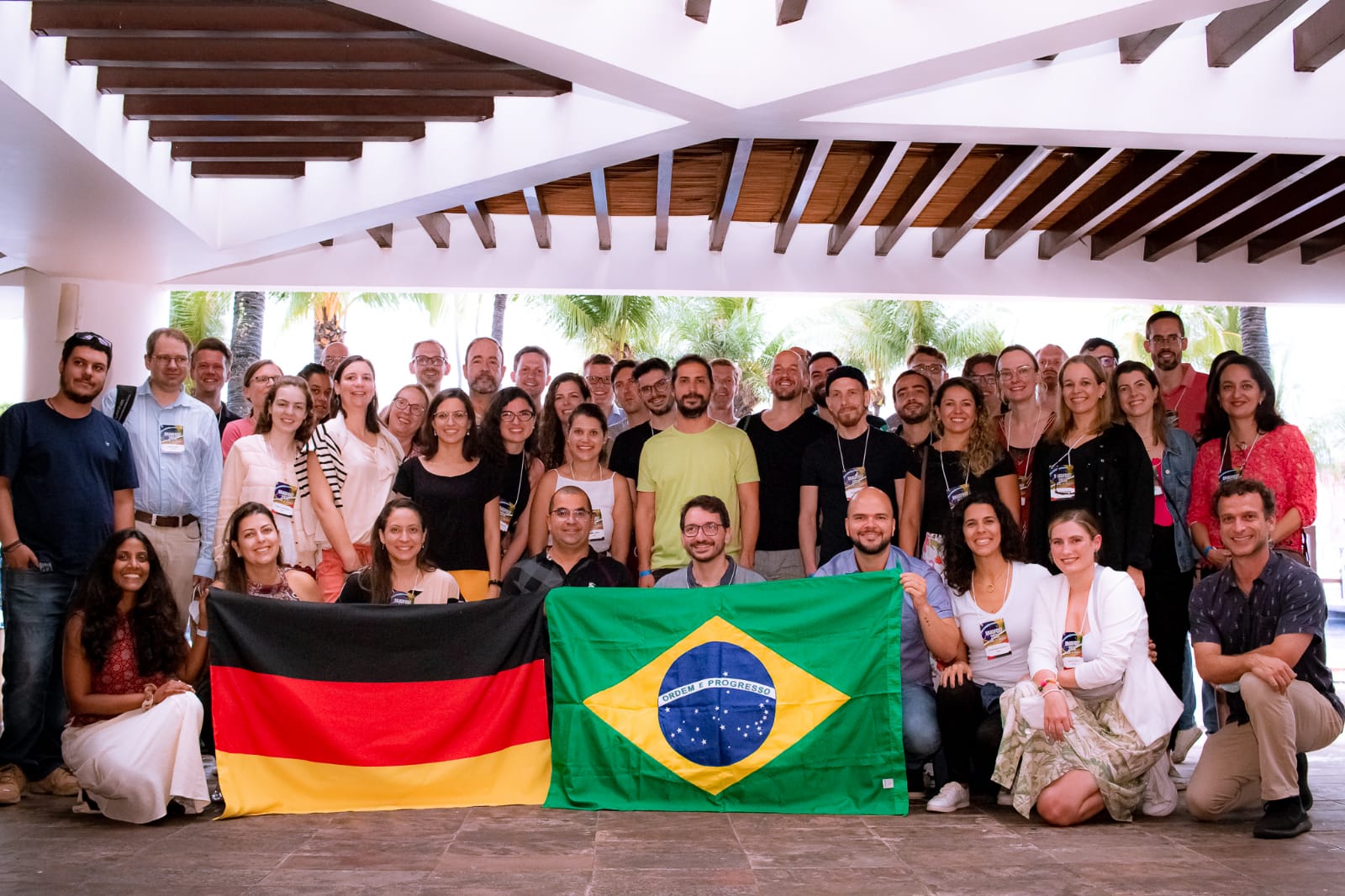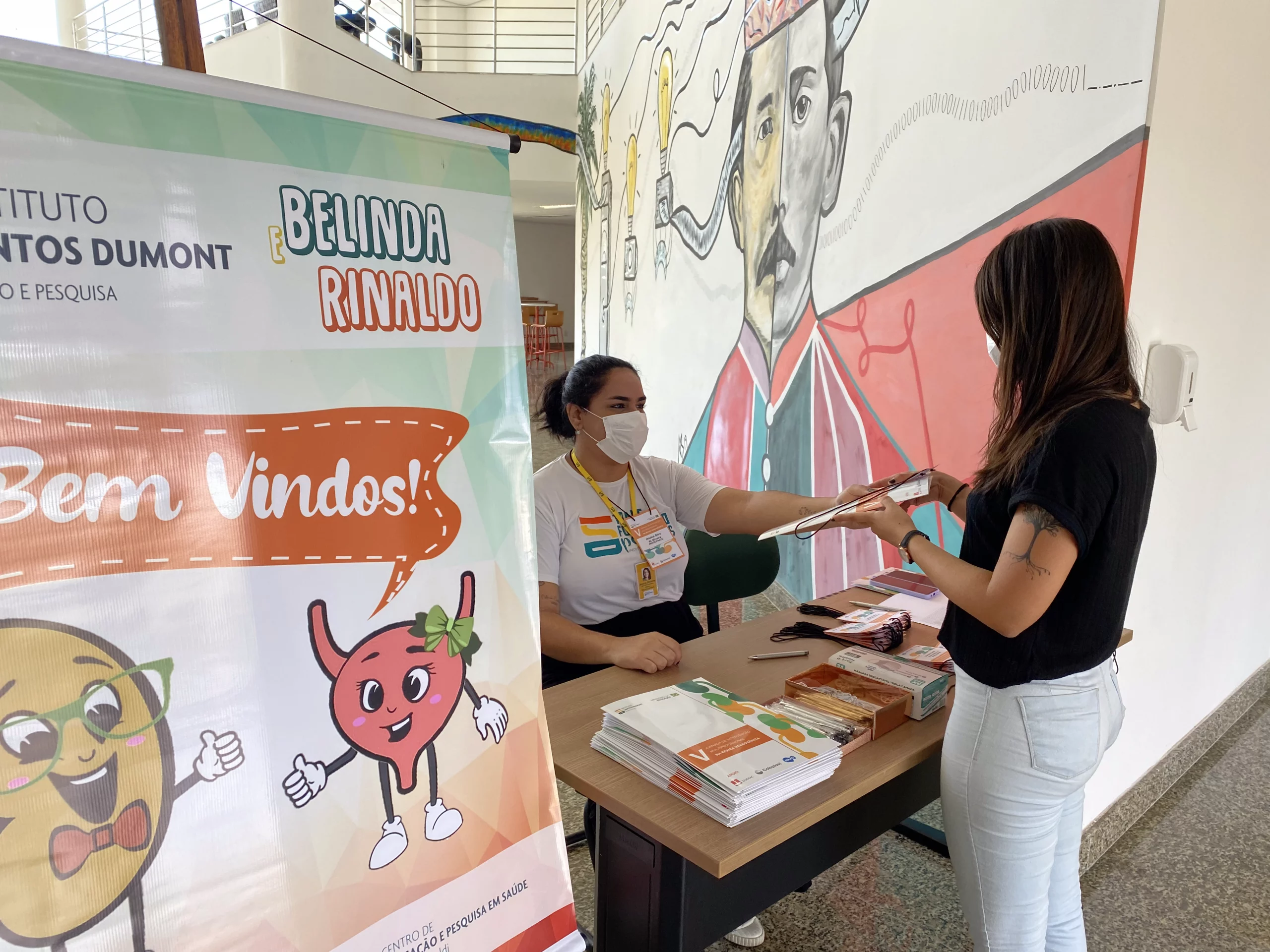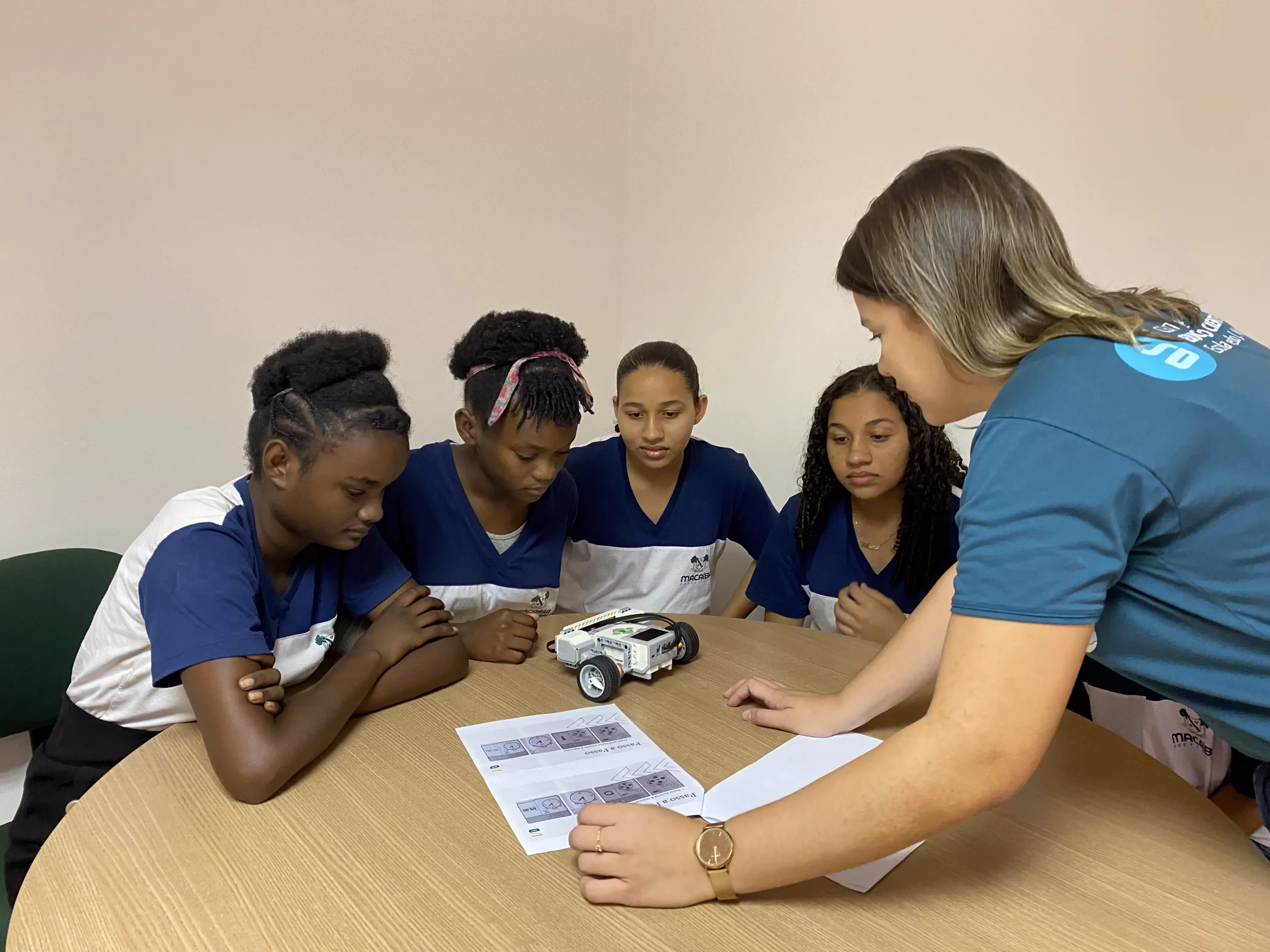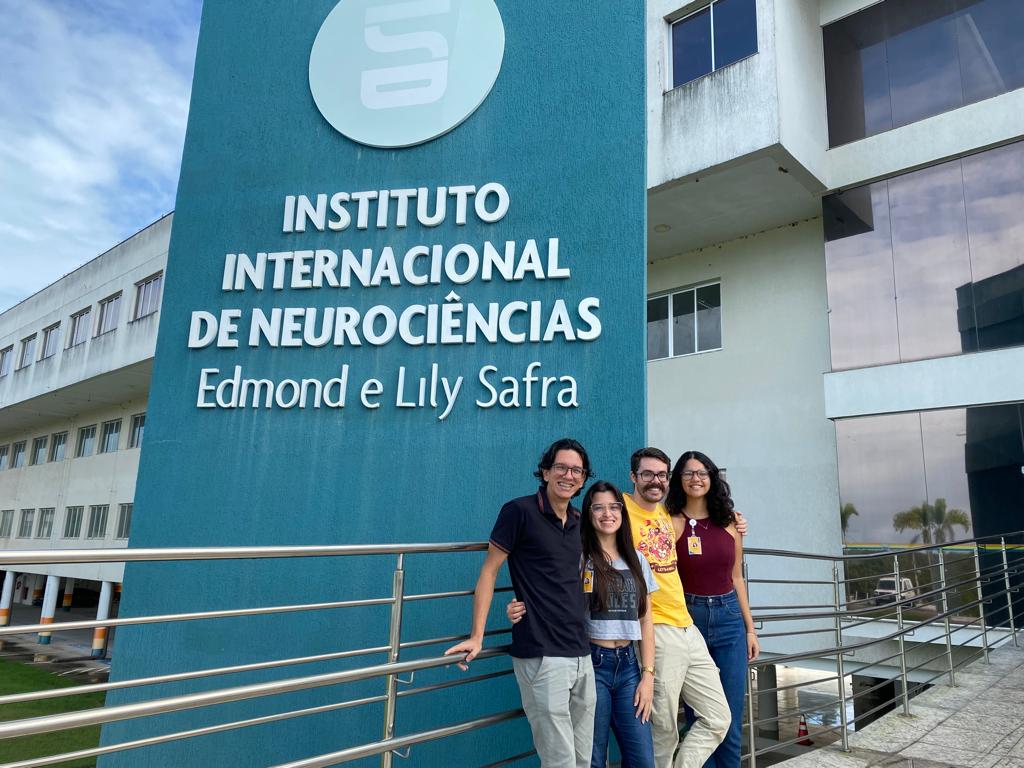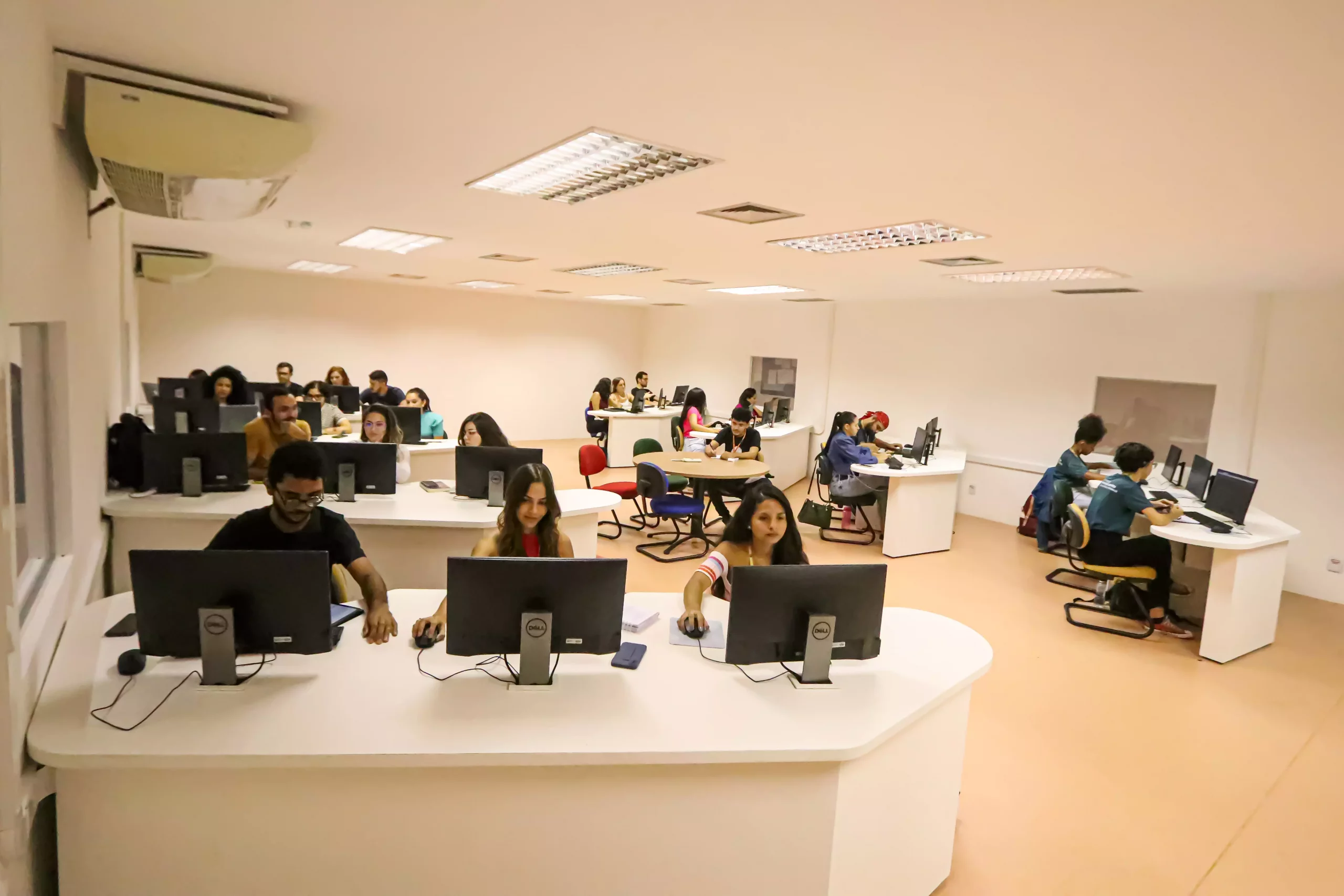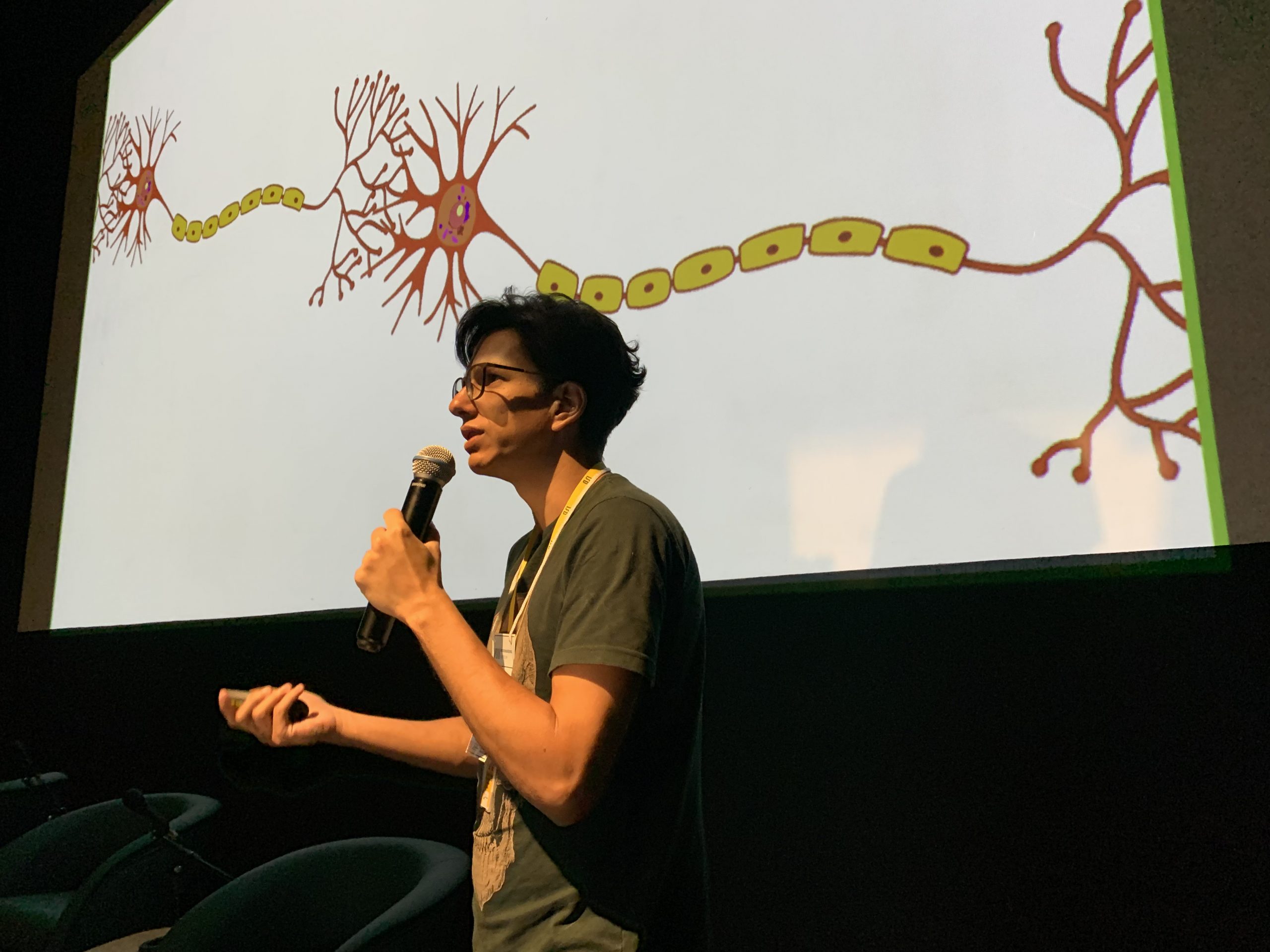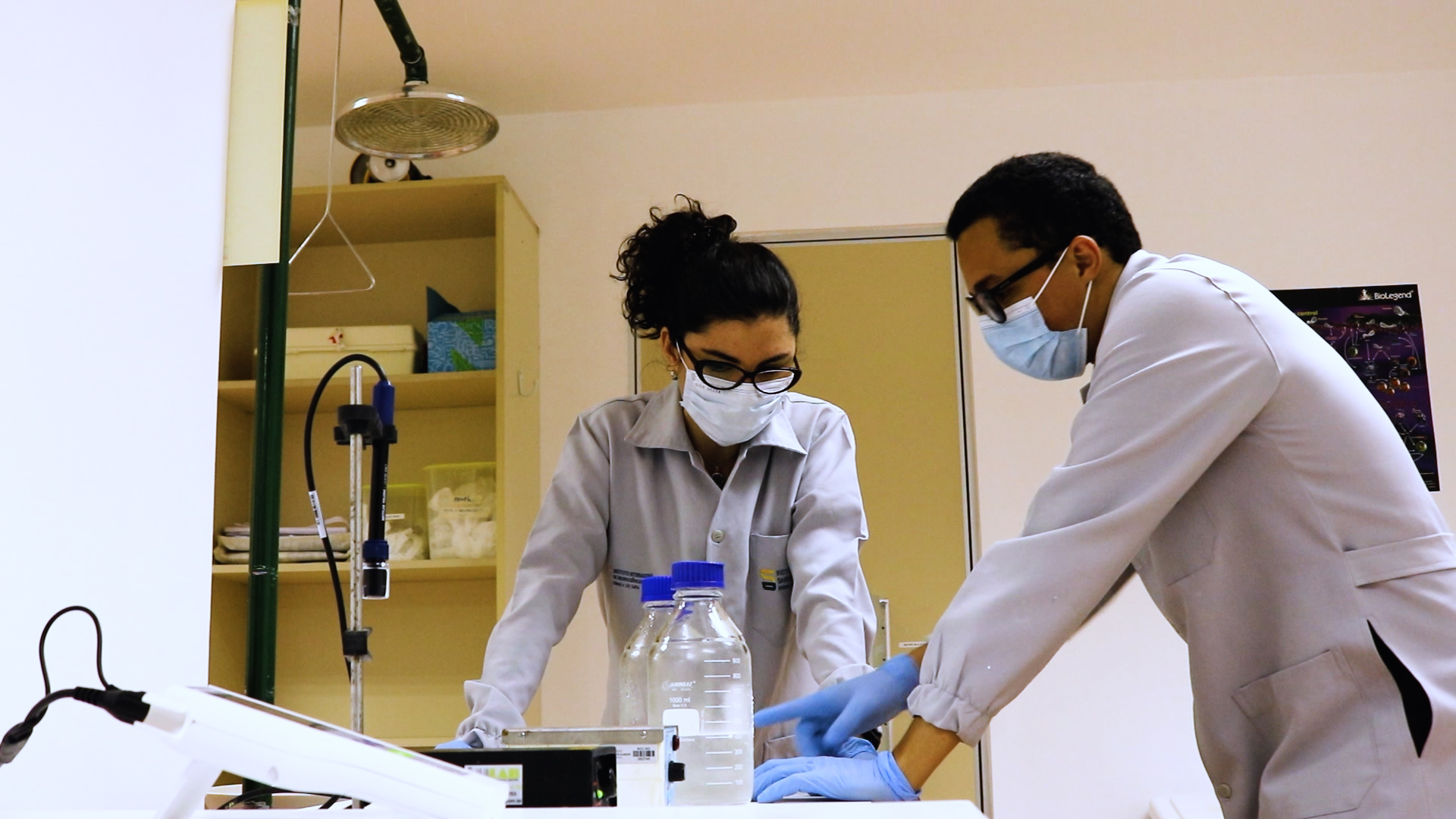Research professor at the Santos Dumont Institute (ISD), Maria Carolina Gonzalez, was one of 60 young scientists invited to the 13th Brazil-Germany Frontiers of Science and Technology Symposium (BRAGFOST). The event, which took place in Maceió, capital of the state of Alagoas, between June 29 and July 2, brought together 60 young Brazilian and German scientists, 30 of each nationality, with up to 15 years of completing their PhD’s and the potential to promote advances in science and technology in their areas of expertise.
At the meeting, Carolina Gonzalez presented a paper on the role of dopamine, a neurotransmitter that acts on the central nervous system in the role of memory integration. “The event brought up diverse topics, ranging from artificial intelligence, global human behavior and big data, biodiversity and bioactive substances, and psychopharmacology”, says the researcher, who has dedicated the last decade of her career to the study of the formation of memories. .
The event is the result of a partnership between the Coordination for the Improvement of Higher Education Personnel (Capes) and the Alexander von Humboldt Foundation, and takes place alternately in Germany and Brazil. The co-chairs hope to strengthen the collaborative network between young Brazilian and German scientists in different areas of knowledge, creating new opportunities for future collaborations and encouraging the exchange of experiences.
“During the pandemic, we were very encouraged to expand international collaborations using digital tools. However, this does not replace the richness of the face-to-face exchange, which allows for a deeper understanding of the work of colleagues from other institutions”, says Carolina Gonzalez.
The event, whose central theme of the 13th edition was well-being, was divided into thematic sessions, in which the scientists discussed subjects such as: the implications of artificial intelligence and the behavior of machines for human beings, democracy, science and society; the impacts of global human behavior and big data on the Sustainable Development Goals (SDGs) established by the United Nations (UN); the influence of molecules on our perception, self-awareness and processing of neuronal stimuli; and the possibility of using bioactives and resources from remote and threatened natural environments in certain areas.
BRAGFOST
BRAGFOST is a binational symposium, which takes place alternately in Germany and Brazil, and brings together 60 (sixty) young Brazilian and German scientists to discuss new research frontiers, deepen international knowledge and debate knowledge challenges in an interdisciplinary way. The symposium is organized by two hosts – a Brazilian and a German. In its 13th edition, BRAGFOST brought well-being as its theme.
Text: Mariana Ceci / Ascom – ISD
Picture: Ceded
Contact
comunicacao@isd.org.br
(84) 99416-1880


